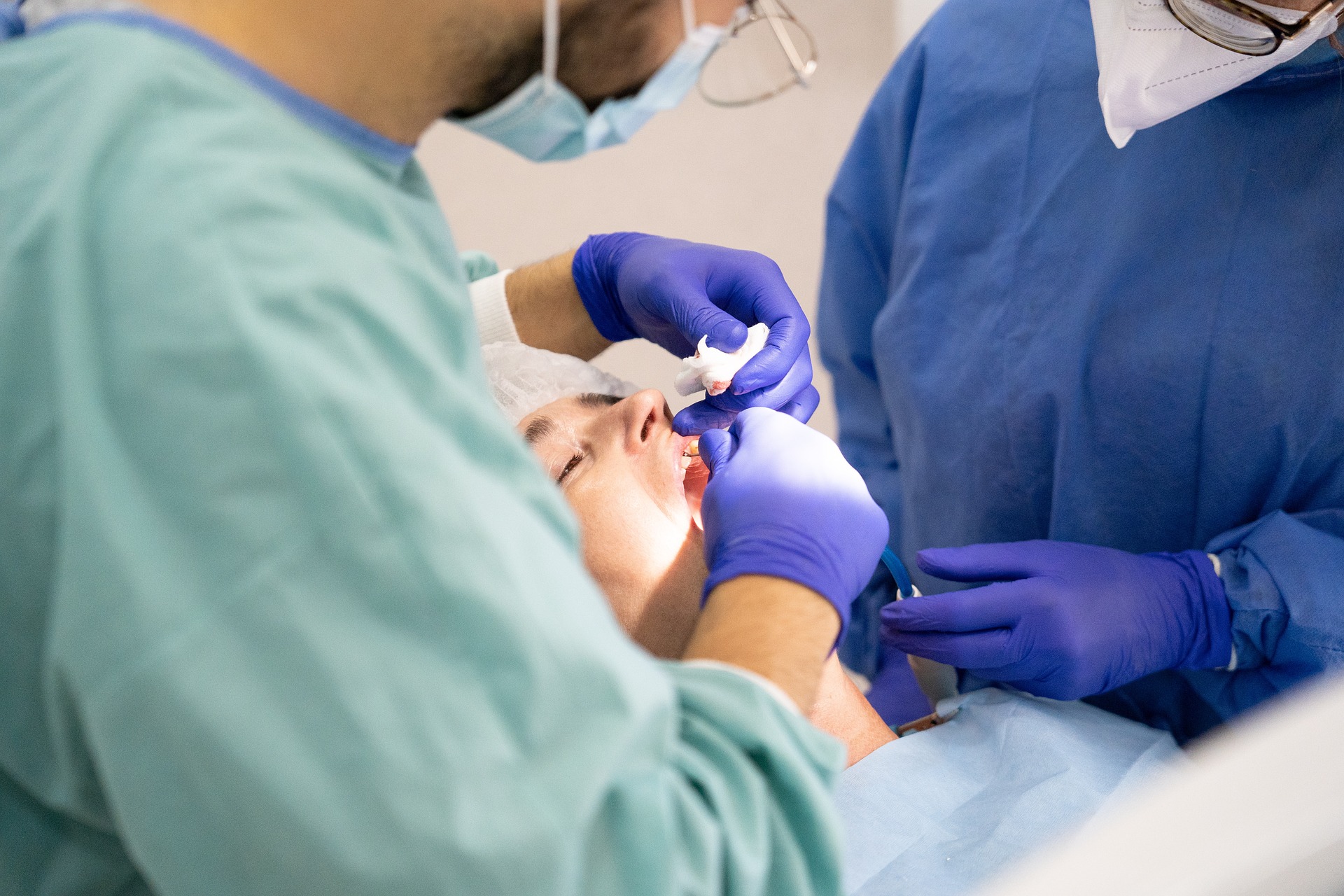Your Complete Guide to Oral Health
Have you ever wondered why dentists insist on seeing you every six months, even when your teeth feel perfectly fine? Just like your car needs regular maintenance to run smoothly, your oral health requires consistent professional attention. In this comprehensive guide, we’ll explore why regular dental check-ups are not just another item on your to-do list but a crucial investment in your overall health and well-being.
Why Regular Dental Visits Matter More Than You Think
Think of your dentist as a detective who can spot potential problems before they become major issues. Those routine visits might seem unnecessary, but they’re your first line of defense against a whole host of oral health problems. Regular check-ups help maintain your winning smile and can even save you from serious health complications down the road.
The Hidden Connection Between Oral Health and Overall Wellness
Your mouth isn’t just an isolated part of your body – it’s a window to your overall health. Poor oral health has been linked to various serious conditions, including:
- Heart disease
- Diabetes
- Respiratory infections
- Pregnancy complications
- Alzheimer’s disease
Breaking Down the Components of a Dental Check-up
1. Professional Cleaning: Beyond Your Daily Routine
Even if you’re diligent about brushing and flossing, there are areas in your mouth that regular home care can’t effectively reach. During a professional cleaning, your dental hygienist will:
- Remove built-up plaque and tartar
- Polish your teeth to remove surface stains
- Floss between each tooth thoroughly
- Apply fluoride treatment when necessary
2. Comprehensive Examination: More Than Just Looking at Teeth
Your dentist’s examination goes far beyond checking for cavities. They’re actually performing a thorough health screening that includes:
- Oral cancer detection
- Gum disease evaluation
- Bite and jaw alignment assessment
- X-ray analysis for hidden problems
The Technology Behind Modern Dental Check-ups
Digital X-rays: Seeing What’s Beneath the Surface
Modern dental offices use advanced digital X-ray technology that provides:
- Instant high-resolution images
- Significantly reduced radiation exposure
- Better detection of small cavities and bone loss
- Easy comparison with previous images to track changes
Intraoral Cameras: A Clear View of Your Oral Health
These tiny cameras allow you to see what your dentist sees, making it easier to understand:
- Areas that need additional attention
- The progression of dental work
- The effectiveness of your oral hygiene routine
Cost vs. Value: Why Prevention is Better Than Cure
The Financial Benefits of Regular Check-ups
Let’s talk numbers. While regular check-ups might seem expensive, consider this:
- A routine check-up costs between $75-200
- A single root canal can cost $700-1,800
- A dental implant might set you back $3,000-4,500
The math is clear – prevention is significantly more cost-effective than treating advanced dental problems.
Insurance and Dental Care: Making the Most of Your Coverage
Most dental insurance plans:
- Cover 100% of preventive care
- Require minimal or no copay for routine check-ups
- Have waiting periods for major procedures
- Cap annual benefits
Special Considerations for Different Age Groups
Children’s Dental Check-ups: Building Healthy Habits Early
Regular dental visits for children are crucial because they:
- Establish good oral health habits
- Monitor tooth development
- Address alignment issues early
- Prevent dental anxiety in adulthood
Adult Dental Care: Maintaining Long-term Oral Health
Adults face unique challenges that regular check-ups can address:
- Stress-related teeth grinding
- Gum disease prevention
- Wear and tear on existing dental work
- Age-related dental changes
Senior Dental Care: Addressing Age-specific Concerns
Older adults benefit from regular check-ups due to:
- Increased risk of root decay
- Dry mouth from medications
- Need for denture adjustments
- Higher risk of oral cancer
Common Myths About Dental Check-ups Debunked
Myth 1: “If Nothing Hurts, I Don’t Need to See a Dentist”
This couldn’t be further from the truth. Many dental problems don’t cause pain until they’re severely advanced. Regular check-ups catch issues before they become painful – and expensive.
Myth 2: “Professional Cleanings Damage Your Teeth”
Professional cleanings, when performed by qualified dental professionals, are safe and essential for maintaining oral health. They remove harmful buildup without damaging tooth enamel.
Making the Most of Your Dental Check-up
Before Your Appointment
Prepare for your visit by:
- Updating your medical history
- Making a list of concerns or changes
- Confirming insurance coverage
- Following pre-appointment instructions
During Your Visit
Maximize your time with the dental team by:
- Asking questions about your oral health
- Discussing any concerns or anxiety
- Learning proper cleaning techniques
- Understanding treatment recommendations
The Future of Dental Check-ups
Emerging Technologies in Dental Care
The dental industry continues to evolve with:
- AI-powered diagnostic tools
- 3D printing for dental appliances
- Laser dentistry advancements
- Teledentistry options
Taking Action: Your Next Steps
Creating Your Dental Health Calendar
Start by:
- Scheduling your next check-up
- Setting up reminders for future appointments
- Planning regular self-checks between visits
- Establishing a daily oral care routine
Conclusion: Investing in Your Smile
Regular dental check-ups are more than just a routine appointment – they’re an investment in your health, confidence, and future well-being. By maintaining regular visits, you’re not just protecting your smile; you’re taking a proactive step toward better overall health. Don’t wait for problems to develop before seeking dental care. Schedule your next check-up today and give yourself the gift of optimal oral health.
Remember, your smile is often the first thing people notice about you. By prioritizing regular dental check-ups, you’re ensuring that your smile remains bright, healthy, and confident for years to come. Take charge of your oral health today – your future self will thank you for it.

